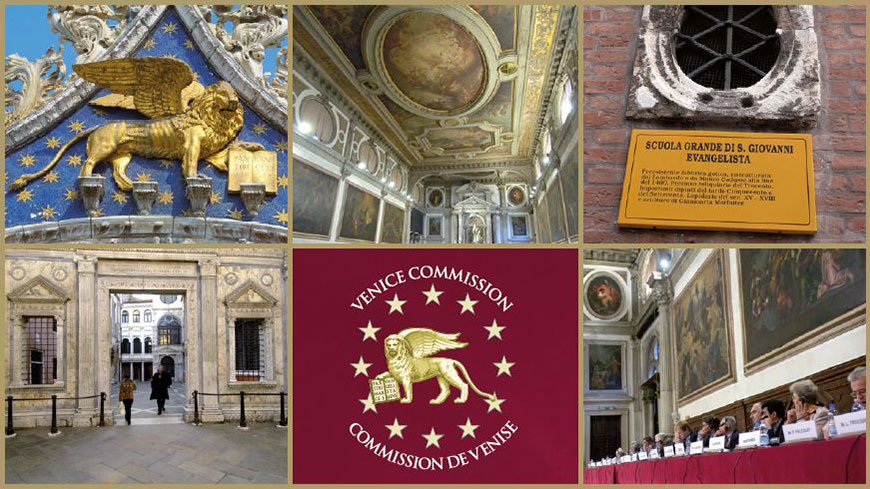On 18 and 19 June 2020, the European Commission of Democracy through Law (the “Venice Commission”) has adopted two opinions prepared under the PGG Quick response Mechanism through a written procedure:
- The Republic of Moldova – Opinion on the Revised draft Law on amending and supplementing the constitution with respect to the Superior Council of Magistracy
- Armenia – Opinion on three questions in the context of constitutional amendments concerning the judges of the Constitutional Court.
As well as the Amicus curiae brief for the Constitutional Court of Armenia relating to Article 300.1 of the Criminal Code.
In its opinion on Armenia, the Venice Commission clarified the scope of the Constitutional Court's review in the framework of the process of amending the Constitution and acknowledged the National Assembly's power to revoke its own decision calling for a referendum. “The Opinion of the Venice Commission adopted on June 19th and made public today makes it possible to solve the problems that have been in the center of the constitutional crisis between the Armenian National Assembly and the Constitutional Court", said Marija Pejčinović Burić, Secretary General of the Council of Europe in a press release.
In its amicus curiae brief, on comparative law with respect to Article 300.1 of the Criminal Code of Armenia, which penalises overthrowing the constitutional order. the Venice Commission addressed specific questions concerning the concepts of constitutional order, overthrowing the constitutional order, usurpation of power and their definitions in the legal systems under review and the judicial interpretation of these concepts, as well as European standards pertaining to the requirement of legal certainty and existing best practice in this field.
The preparation of these texts was funded through the Quick Response Mechanism of PGG, a tool by which the Venice Commission may provide ad-hoc legal advice to respond to requests for legislative analysis and related assistance from the concerned countries or the European Commission.
More information and full text opinions adopted on the Venice Commission website.
Read full press release : The constitutional crisis in Armenia can be solved with the Venice Commission’s guidance, says Marija Pejčinović Burić, Secretary General of the Council of Europe.





